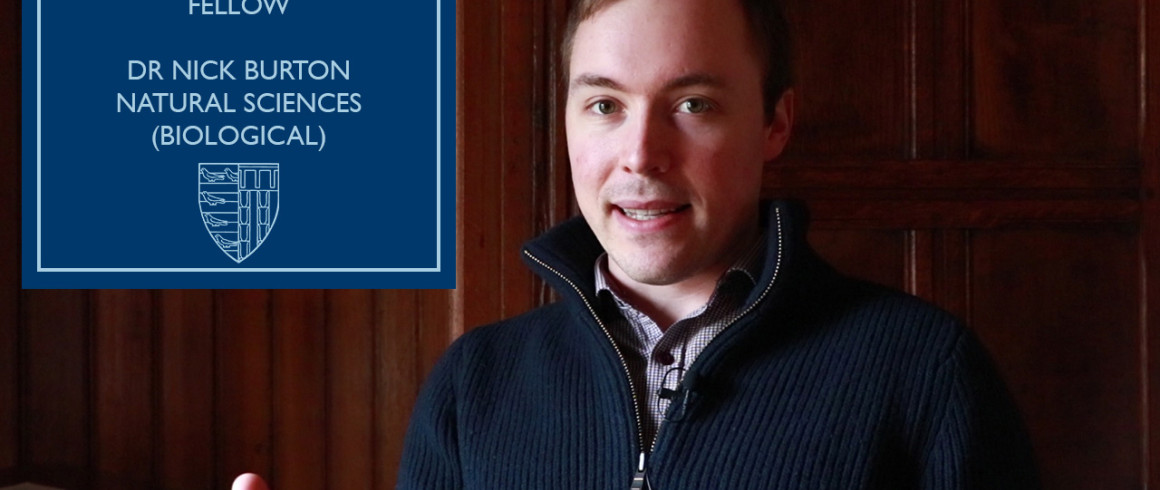Interview with a Fellow: Epigenetics from Pea Aphids to People
Dr Nick Burton is a Research Fellow at Pembroke College working in the field of Genetics/Molecular Biology.
Dr Burton researches the impact of a mother's environment on the development of her offspring. In pea aphids for example, environmental stresses can cause the mother to 'program' her offspring to have wings, or not have wings. He refers to this as 'maternal bet-hedging', because the idea is that the developmental changes make the offspring better able to cope with the environmental stresses the mother is experiencing, but there's a risk of reducing adaptability.
These types of affects have been observed in both invertebrates and mammals, and Dr Burton is exploring the idea that they are more common than we realise, and may in fact be a universal strategy for dealing with environmental conditions. There's a clear mechanism in pea aphids, but Dr Burton proposes that it might underlie human pathologies as well. For example, low birth weight, which is strongly correlated with development of cardiovascular disease later in life, is sometimes related to environmental stress experienced by the mother. It could be that low birth weight is actually an adaptive response that comes at the expense of long-term health - maternal bet-hedging. Dr Burton is using the roundworm C. elegans to do this research. It's a genetic model organism that has been used in the discovery of significant molecular pathways that also occur in humans, such as the insulin pathway. By studying how C. elegans responds to osmotic stress - salt stress - Dr Burton is hoping to uncover mechanisms that are also relevant in humans. The full interview can be watched in the video below:
https://youtu.be/eYFHuX2Eb4k
